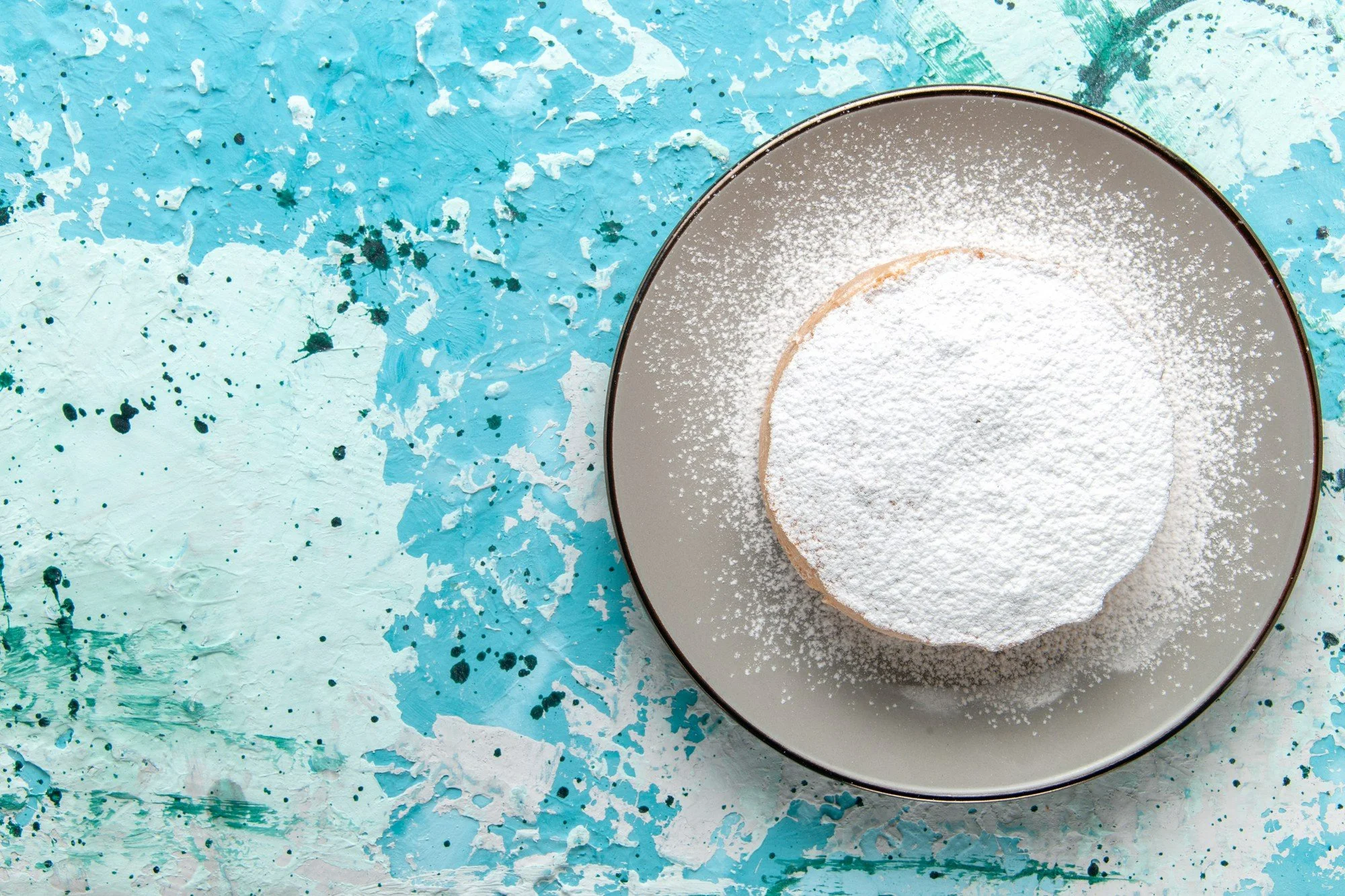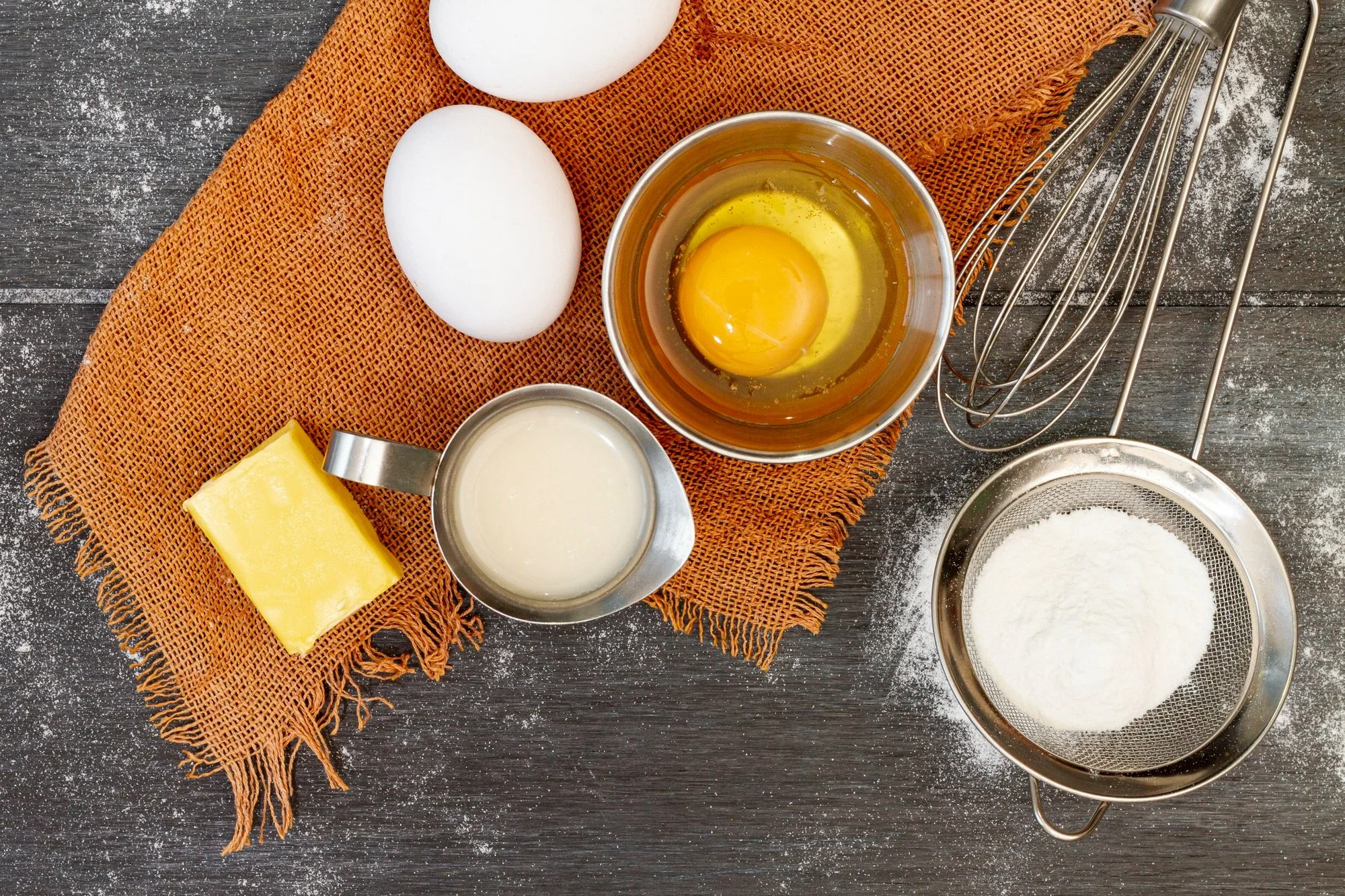10 Essential Baking Tips & Tricks
Introduction
Baking can be a fun and rewarding experience, but it can also be frustrating if you don’t know what you’re doing. Here are 10 essential baking tips we use at Sensational Cakes and Desserts to help you improve your baking skills:
The Versatility of Baking Soda
Baking soda is a rising agent commonly used in baking. It can be used alongside baking powder and other rising agents to achieve the desired results. However, what some people may not know is that baking soda works best when combined with an acidic agent like vinegar or buttermilk. This combination helps to create a better texture and rise in your baked goods. So, the next time you're baking, consider adding some vinegar or buttermilk along with your baking soda for a better outcome.
Cracking Eggs One at a Time
When it comes to baking, it's important to crack your eggs one at a time. This helps ensure that you don't end up with any bad eggs spoiling the rest of your batter. By cracking them individually, you can easily identify and discard any eggs that may have gone bad before incorporating them into your recipe.
The Power of Oil and Butter
When baking, using a combination of oil and butter or margarine can enhance the taste of your baked goods. While using just oil can result in a bland flavor, incorporating melted butter adds richness and depth to your creations. Try using a mixture of half melted butter and half vegetable oil for a more flavorful outcome.
The Importance of Preheating Your Oven
Preheating your oven is a crucial step that should not be overlooked. By preheating your oven, you allow your baked goods to start rising immediately upon entering the hot environment. This can lead to better overall texture and rise in your cakes and other baked treats. So, be sure to preheat your oven before baking to achieve the best results.
Using Hot Water for Moisture
If you want to achieve a moist and tender cake, try placing a bowl of hot water at the base of your oven while baking. This added moisture helps prevent your baked goods from drying out during the baking process. The result is a more flavorful and enjoyable cake that will leave your guests wanting more.
Separating Dry and Wet Ingredients
To ensure proper mixing and distribution of ingredients, it's essential to measure your dry and wet ingredients separately. By doing this, you allow the dry ingredients, such as flour, baking powder, and baking soda, to mix evenly before being combined with the wet ingredients. This ensures a more uniform texture and better overall results in your baked goods.
The Importance of Measuring Cups
When it comes to baking, having reliable measuring cups is crucial. Different measuring cups may vary in their accuracy, so it's essential to find ones that work well for you. Ensure that you do not exceed the marked line on your measuring cup to avoid over-measuring, which can throw off the balance of your recipe.
Understanding Milligrams and Grams
When measuring liquids, milligrams and grams are essentially the same. If a recipe calls for 250ml of liquid, you can also measure it as 250 grams. This is helpful to know when following recipes and ensures that you are using the correct amount of liquid in your baking.
How to Make Buttermilk
Buttermilk may not be readily available in all areas. However, you can easily make a substitute at home. For every cup of buttermilk required in a recipe, combine one cup of full cream milk with one tablespoon of vinegar. This mixture will give you the same tangy flavor and acidity as buttermilk, allowing you to achieve the desired results in your baking.
The Difference Between Folding and Mixing
When a recipe calls for folding, it's essential to understand the technique. Folding is a gentle mixing method that ensures the dry ingredients are fully incorporated without overmixing or deflating your batter. It involves using a spatula to gently combine the dry ingredients into the wet ingredients. By folding instead of mixing vigorously, you can achieve a light and fluffy texture in your finished baked goods.
Knowing Your Oven's Timing
Every oven is different, and it's essential to understand the timing required for your specific oven. Different baked goods have different baking times, and over or under baking can greatly affect the final outcome. Take the time to familiarize yourself with your oven's timing and make adjustments as needed to ensure perfectly baked treats every time.
I hope these baking tips have been helpful and have taught you a thing or two about the art of baking. Remember, baking is both a science and an art, and by following these tips, you can elevate your baking skills and create delicious treats for yourself and others to enjoy.




